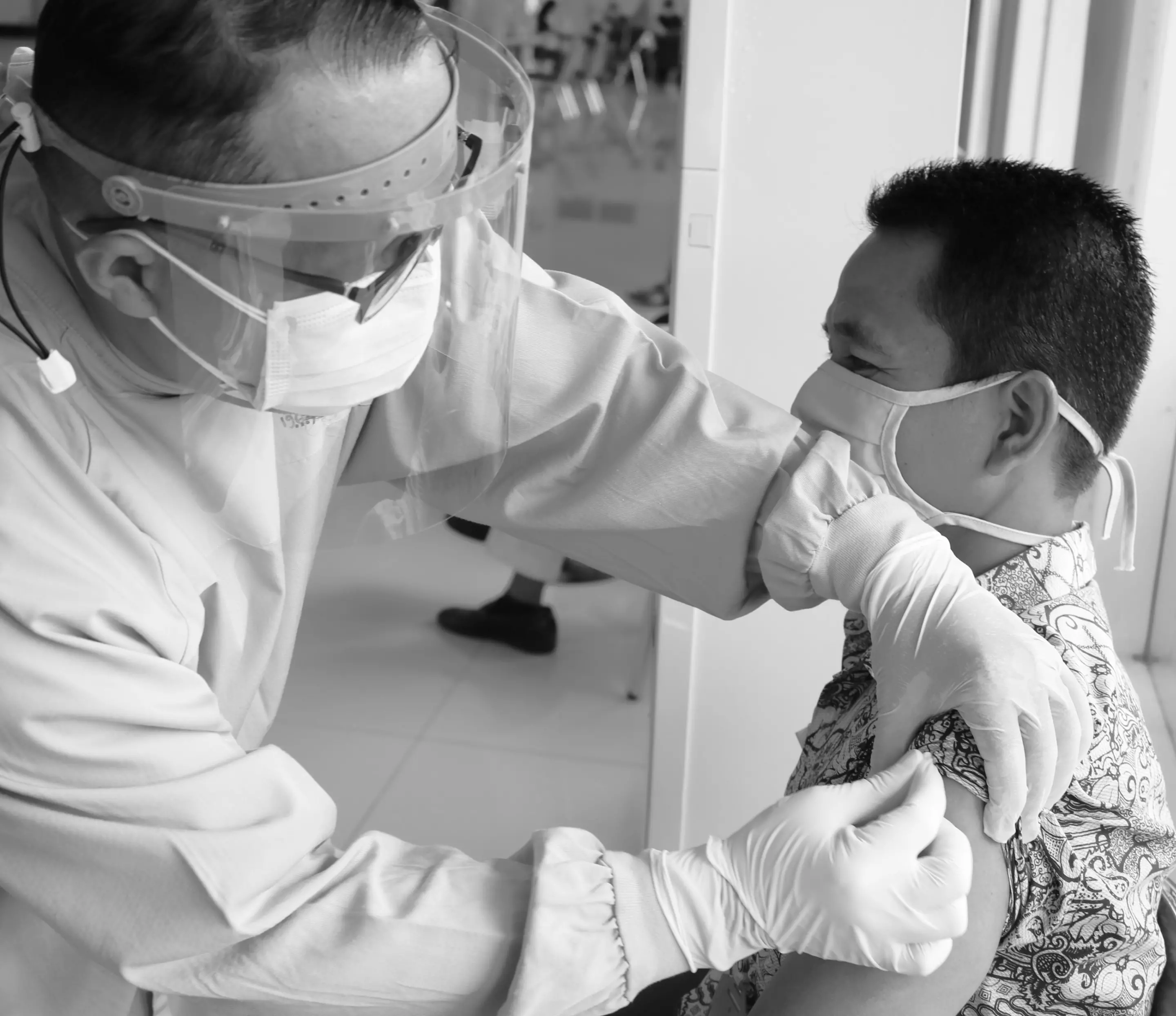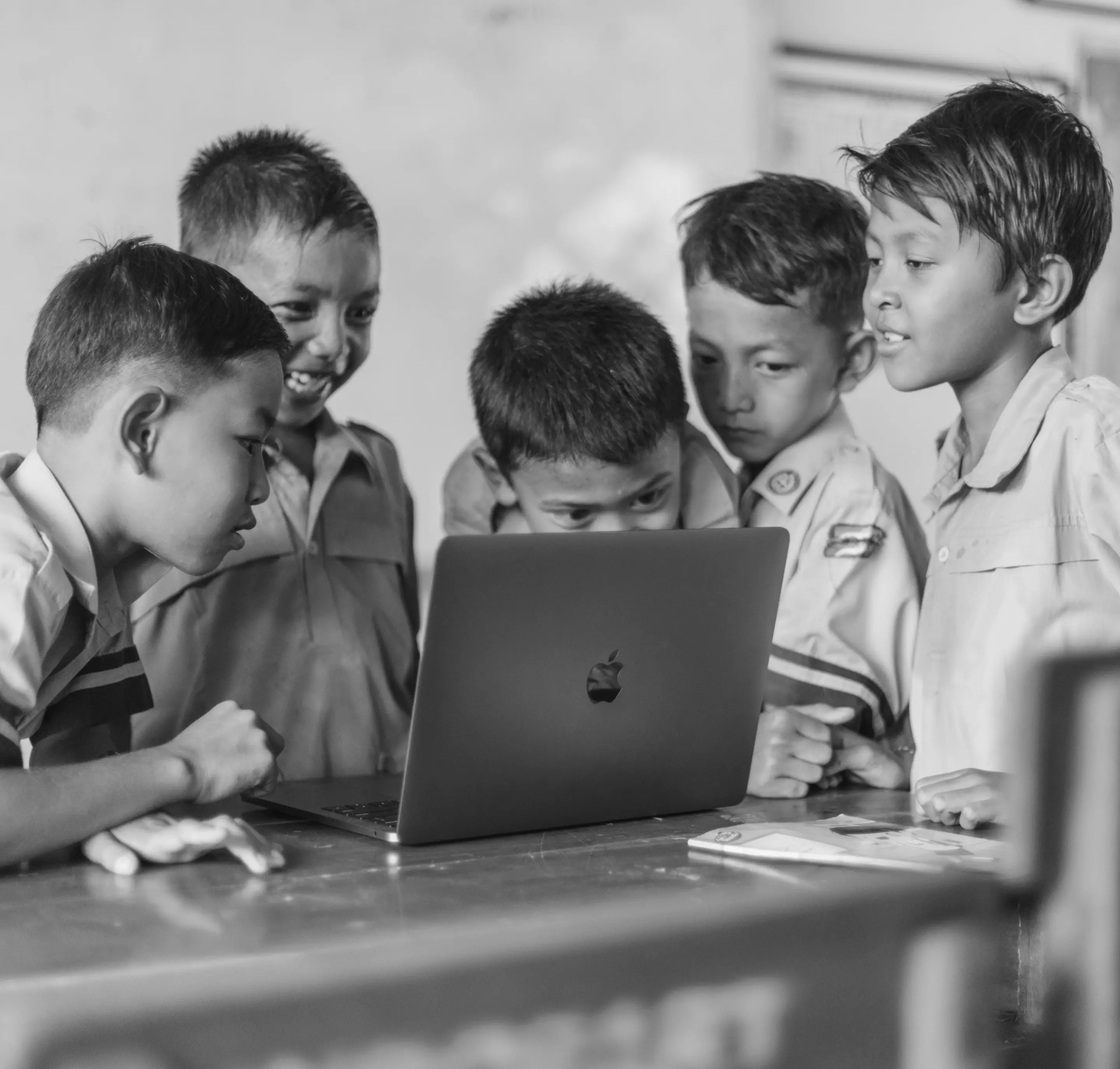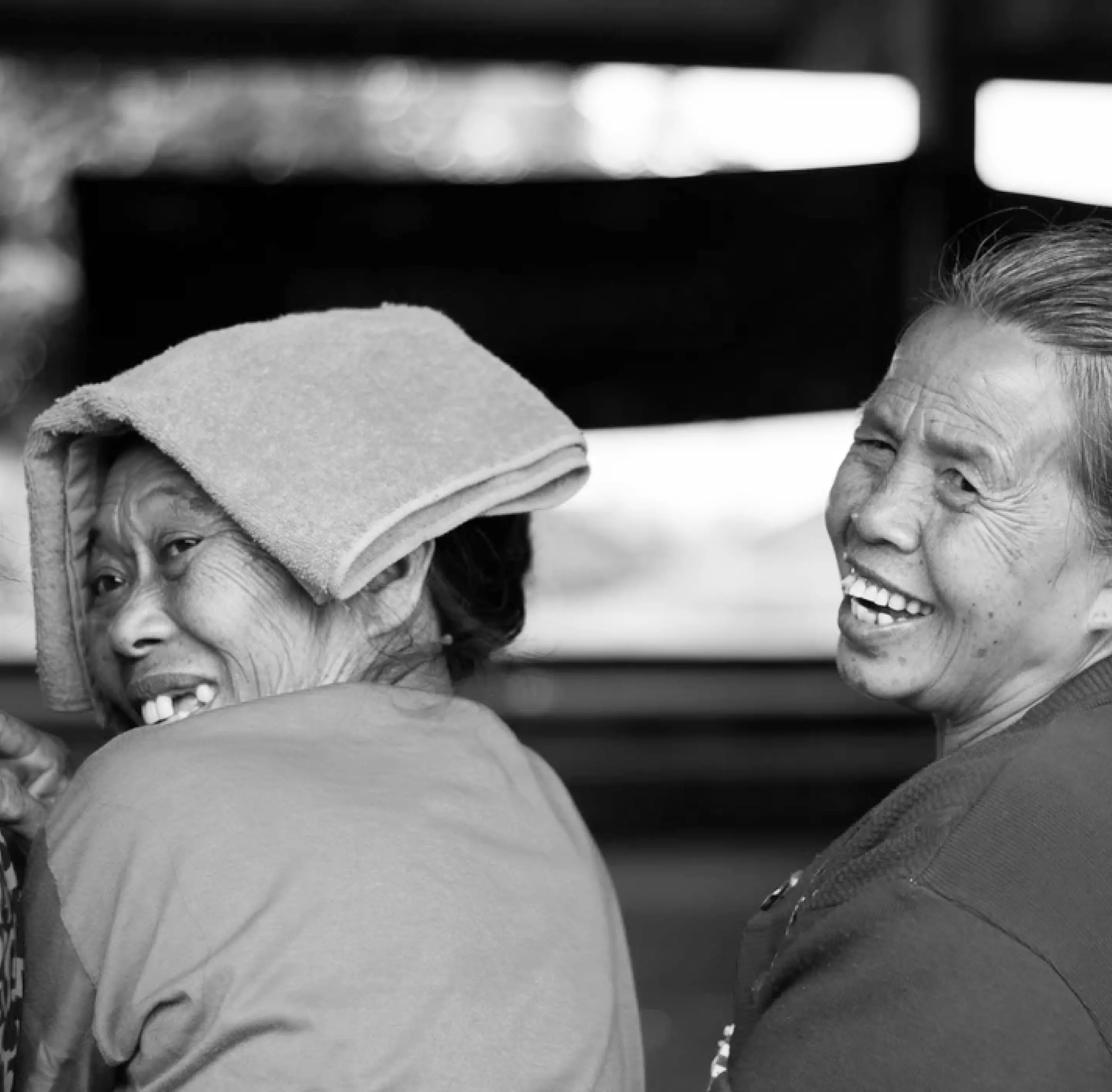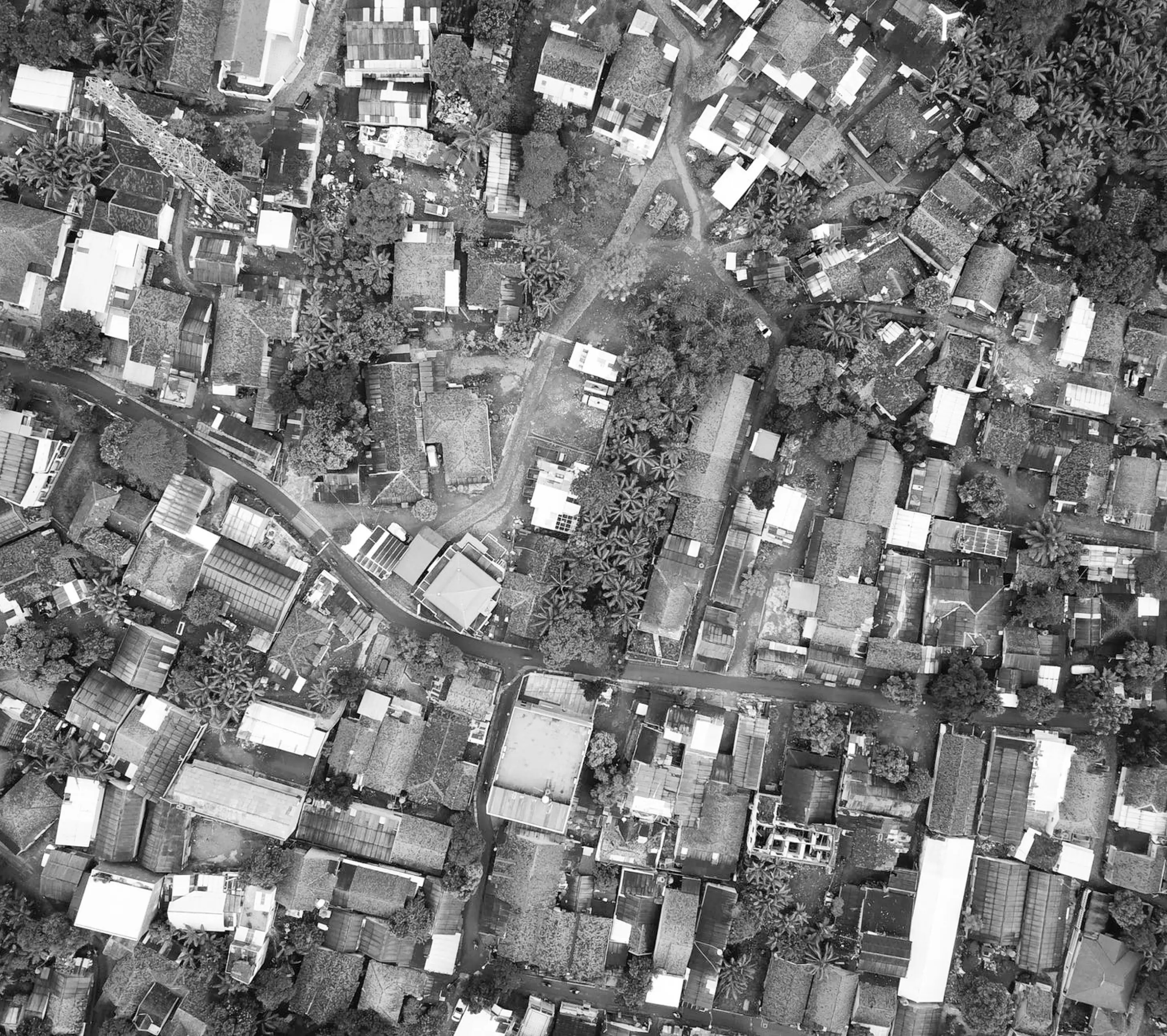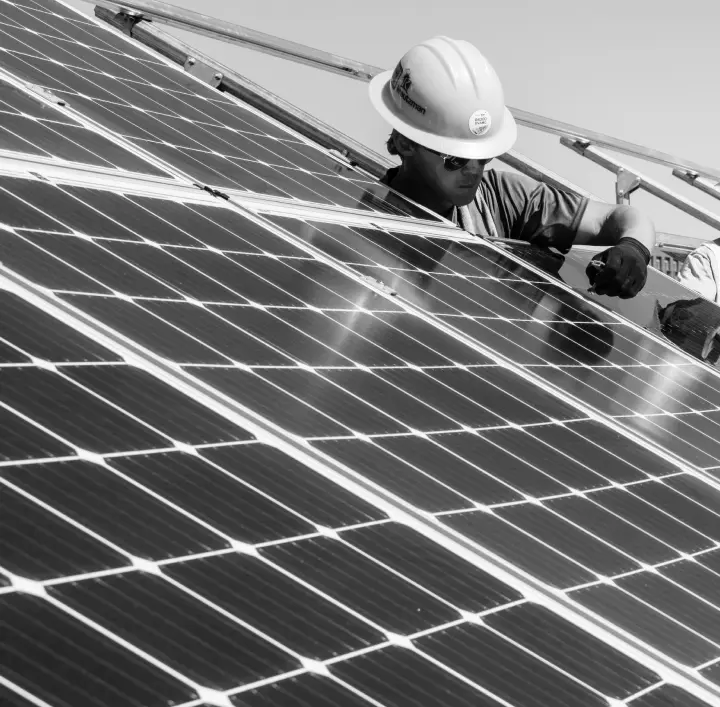Investment Strategy
Indonesia Impact Fund prioritizes the implementation of sustainable development goals (SDGs).
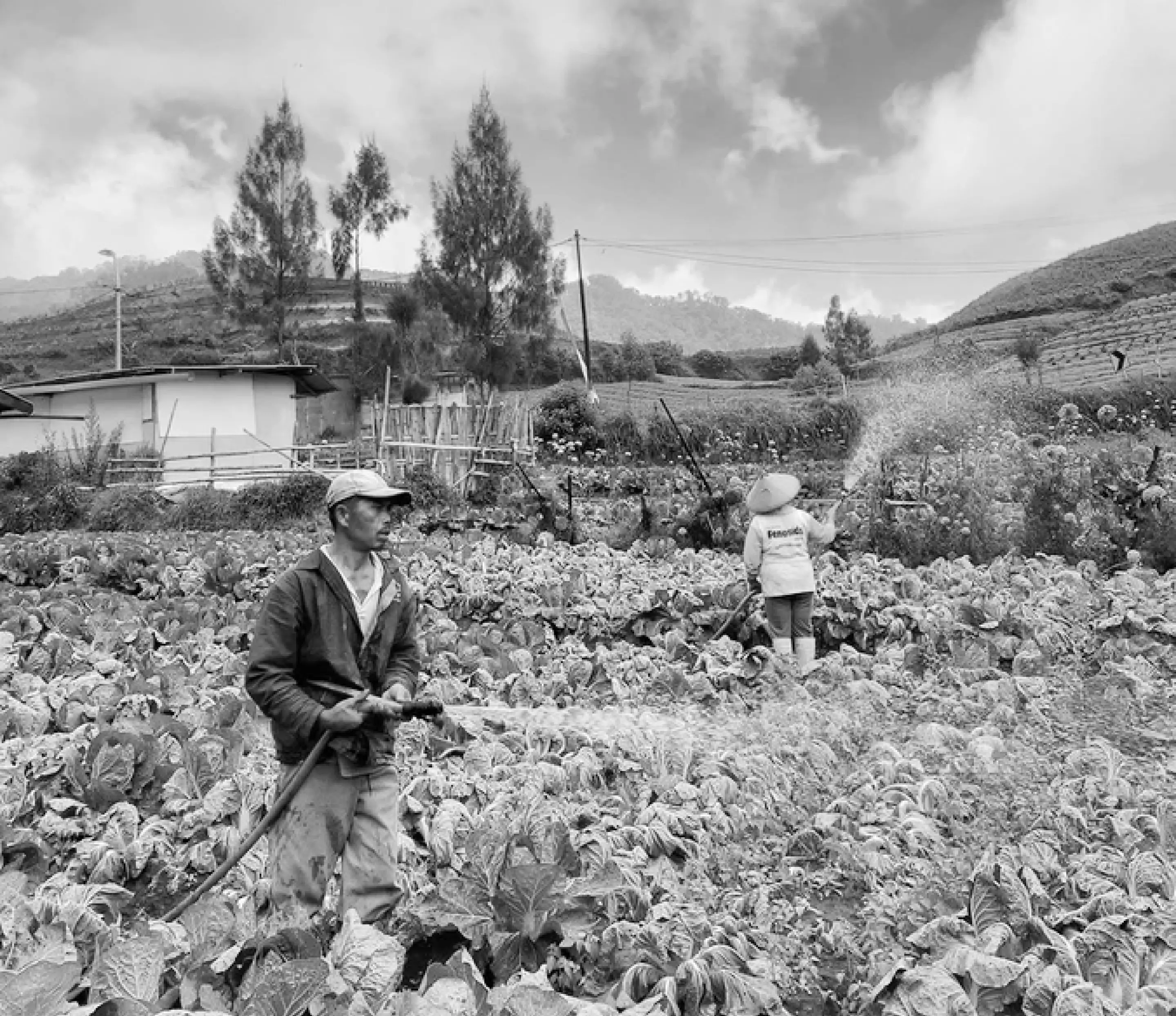
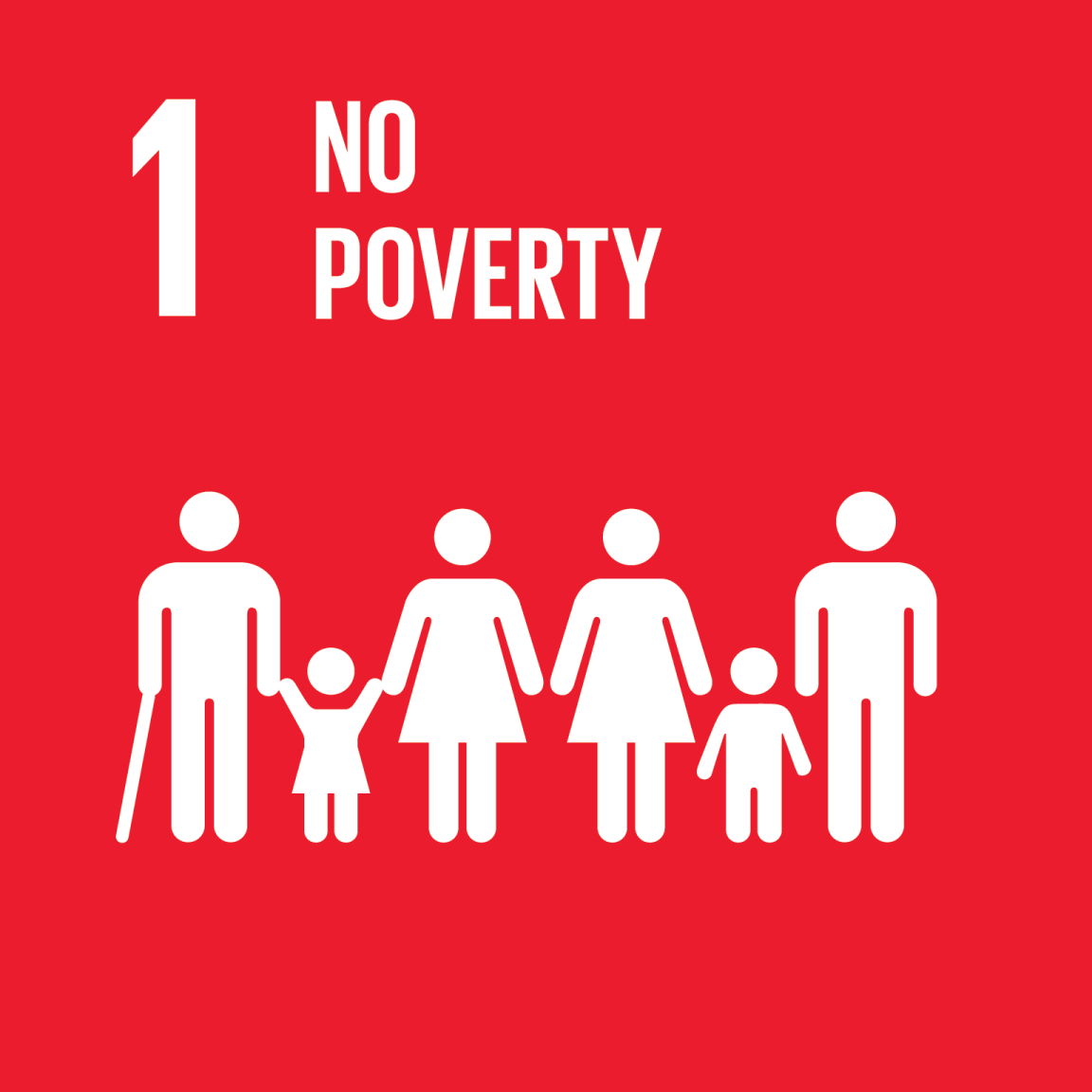
Poverty Alleviation
Globally, the number of people living in extreme poverty declined from 36% in 1990 to 10% in 2015. But the pace of change is decelerating and the COVID-19 crisis risks reversing decades of progress in the fight against poverty. New research published by the UNU World Institute for Development Economics Research warns that the economic fallout from the global pandemic could increase global poverty by as much as half a billion people, or 8% of the total human population. This would be the first time that poverty has increased globally in thirty years, since 1990.
Before COVID-19, Indonesia was making great strides to alleviate poverty. Between 1998 and 2018, the poverty rate fell from 24.2% to 9.66%. During those first few months of the pandemic, poverty rate has risen by 1.8% and has likely risen higher since. Indonesia aims to reach 4.33% poverty rate in 2030. The challenges however, remain on how to reduce poverty in the eastern part of Indonesia, which has always been the poorest. Eradicating poverty in all forms and dimensions is one of our main objectives in achieving sustainable development goals. We are committed to:
Before COVID-19, Indonesia was making great strides to alleviate poverty. Between 1998 and 2018, the poverty rate fell from 24.2% to 9.66%. During those first few months of the pandemic, poverty rate has risen by 1.8% and has likely risen higher since. Indonesia aims to reach 4.33% poverty rate in 2030. The challenges however, remain on how to reduce poverty in the eastern part of Indonesia, which has always been the poorest. Eradicating poverty in all forms and dimensions is one of our main objectives in achieving sustainable development goals. We are committed to:
- Increase income & access to capital in rural Indonesia.
- Empower SMEs with formal capital & technologies that elevates their businesses.
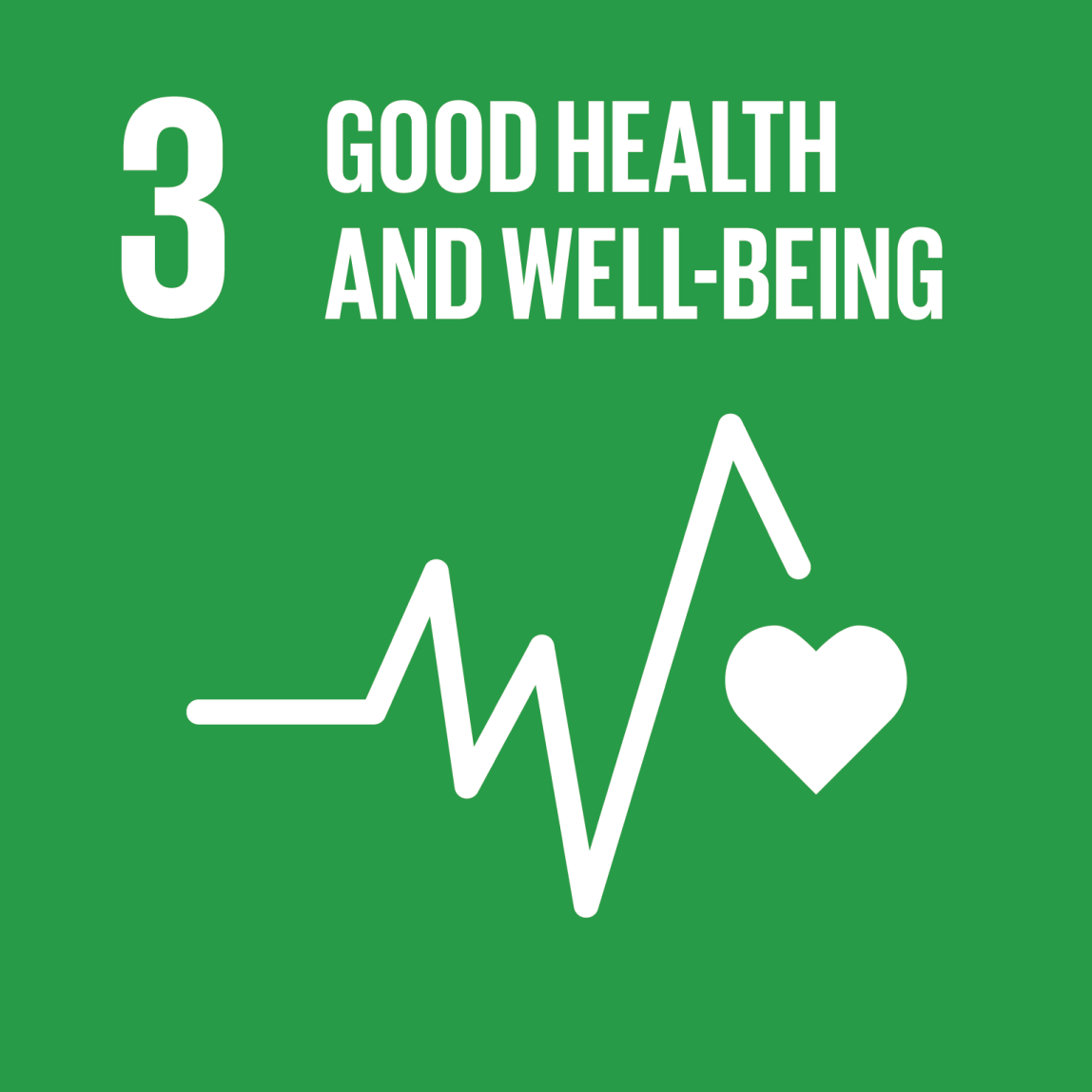
Affordable Healthcare
Ensuring healthy lives and promoting well-being at all ages is essential to sustainable development. Health emergencies such as COVID-19 pose a global risk and have shown the critical need for preparedness. The United Nations Development Programme highlighted huge disparities in countries’ abilities to cope with and recover from the COVID-19 crisis. The pandemic provides a watershed moment for health emergency preparedness and for investment in critical 21st century public services.
At the moment, according to the World Bank's Human Capital Index, Indonesia's next generation will only be 54% as productive as it could have been with full health and complete education. Average life expectancy in Indonesia still falls behind the global average and maternal mortality in Indonesia is the highest among peer countries in ASEAN. Lack of access to the quality health-care is not only hampered by the absence of health-care provider, but also related to the geographical barrier particularly for people living in remote areas. Given these circumstances, Indonesia Impact Fund will focus on:
At the moment, according to the World Bank's Human Capital Index, Indonesia's next generation will only be 54% as productive as it could have been with full health and complete education. Average life expectancy in Indonesia still falls behind the global average and maternal mortality in Indonesia is the highest among peer countries in ASEAN. Lack of access to the quality health-care is not only hampered by the absence of health-care provider, but also related to the geographical barrier particularly for people living in remote areas. Given these circumstances, Indonesia Impact Fund will focus on:
- Easing the access towards affordable healthcare services
- Improving maternal and child health, family planning, and reproductive health and other efforts to increase Indonesia’s life expectancy
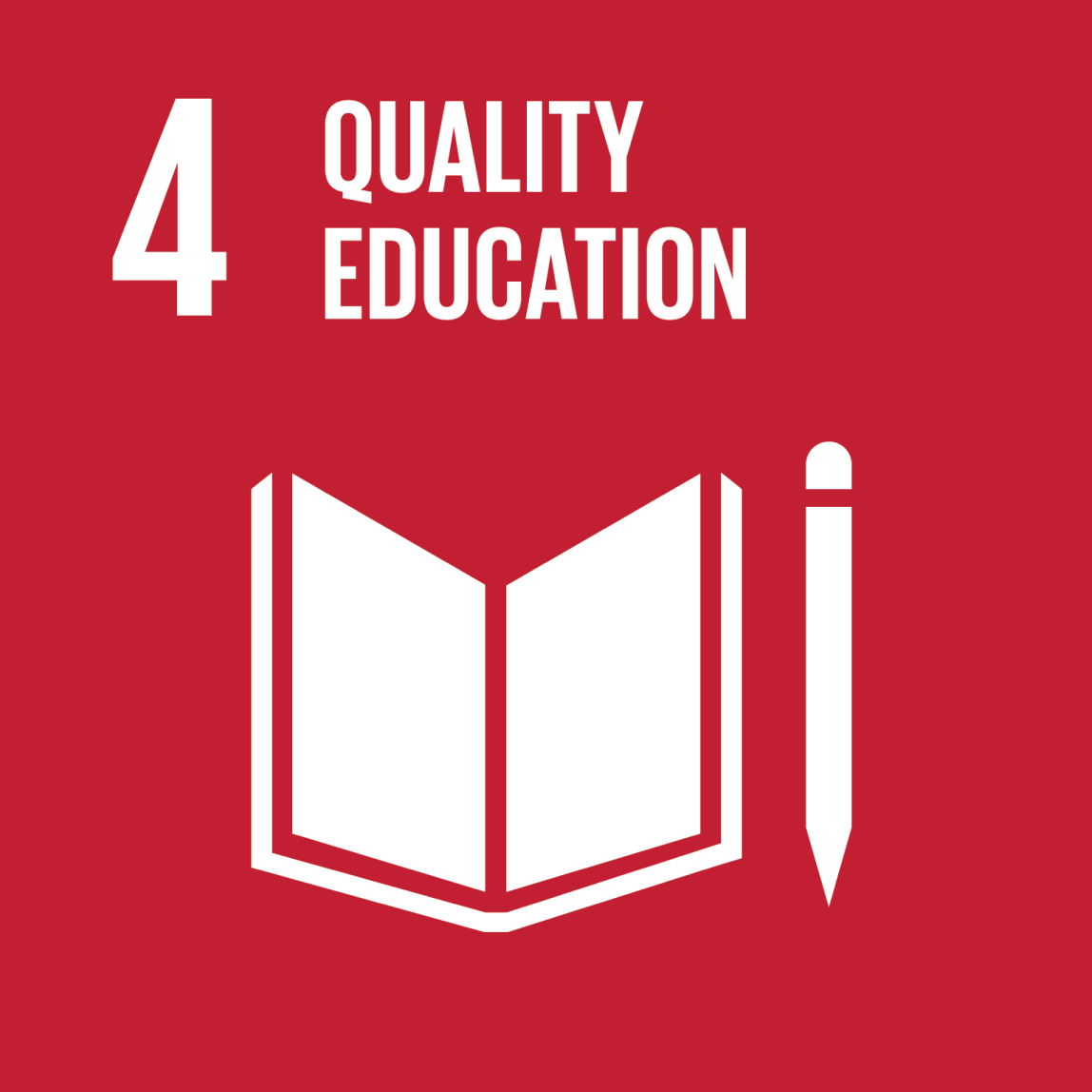
High-Quality & Accessible Education
Education enables upward socioeconomic mobility and is a key to escaping poverty. In 2020, as the COVID-19 pandemic spread across the globe, a majority of countries announced the temporary closure of schools, impacting more than 91% of students worldwide. By April 2020, close to 1.6 billion children and youth were out of school. And nearly 369 million children who rely on school meals needed to look to other sources for daily nutrition. Never before have so many children been out of school at the same time, disrupting learning and upending lives, especially the most vulnerable and marginalised. The global pandemic has far-reaching consequences that may jeopardize hard won gains made in improving global education.
With more than half a million early childhood centres, schools and universities closed, the average time spent on distance learning has varied from only 2.2 to 3.5 hours per day around Indonesia. School closures have also increased the risk of school dropout, putting out-of-school children at greater risk of child marriage and other harmful and exploitative practices. Indonesia Impact Fund will ensure the improvements of overall education quality by:
With more than half a million early childhood centres, schools and universities closed, the average time spent on distance learning has varied from only 2.2 to 3.5 hours per day around Indonesia. School closures have also increased the risk of school dropout, putting out-of-school children at greater risk of child marriage and other harmful and exploitative practices. Indonesia Impact Fund will ensure the improvements of overall education quality by:
- Easing the access to affordable schools and student loans
- Providing access to high-quality educational contents
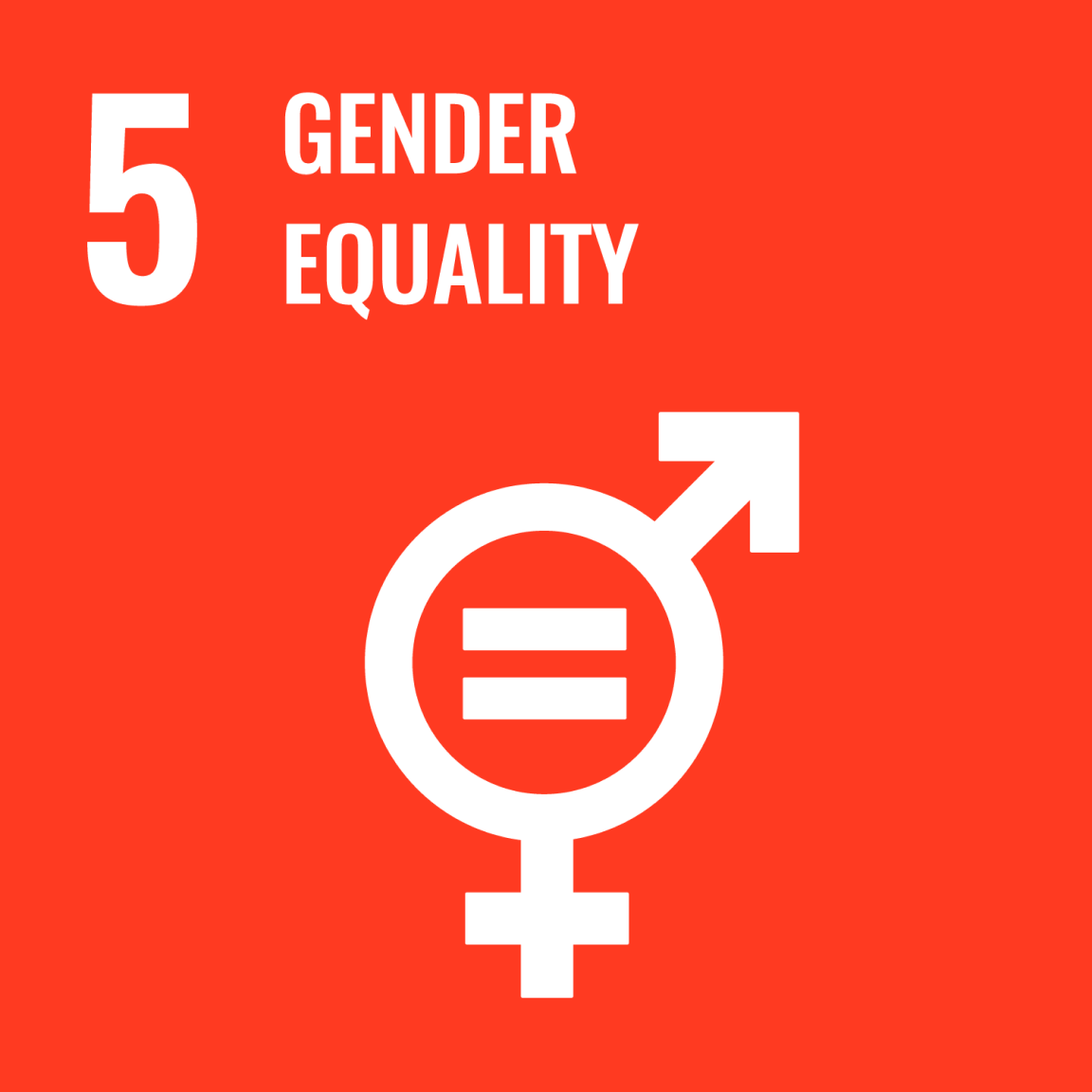
Increasing Women Participation
Gender equality is not only a fundamental human right, but a necessary foundation for a peaceful, prosperous and sustainable world. There has been progress over the last decades: More girls are going to school, fewer girls are forced into early marriage, more women are serving in parliament and positions of leadership, and laws are being reformed to advance gender equality. The coronavirus outbreak exacerbates existing inequalities for women and girls across every sphere – from health and the economy, to security and social protection. Women play a disproportionate role in responding to the virus, including as frontline healthcare workers and carers at home. Nearly 60% of women work in the informal economy, which puts them at greater risk of falling into poverty.
Not only that it is a basic human right, but also a scientific fact that ends discrimination against women and girls which will lead economic growth and development. Empowering women in Indonesia is a challenge that we need to tackle. Indonesia Impact Fund is championing gender equality by:
Not only that it is a basic human right, but also a scientific fact that ends discrimination against women and girls which will lead economic growth and development. Empowering women in Indonesia is a challenge that we need to tackle. Indonesia Impact Fund is championing gender equality by:
- Promoting equal leadership opportunities for women leaders in Indonesia
- Providing safe and affordable housings in urban areas
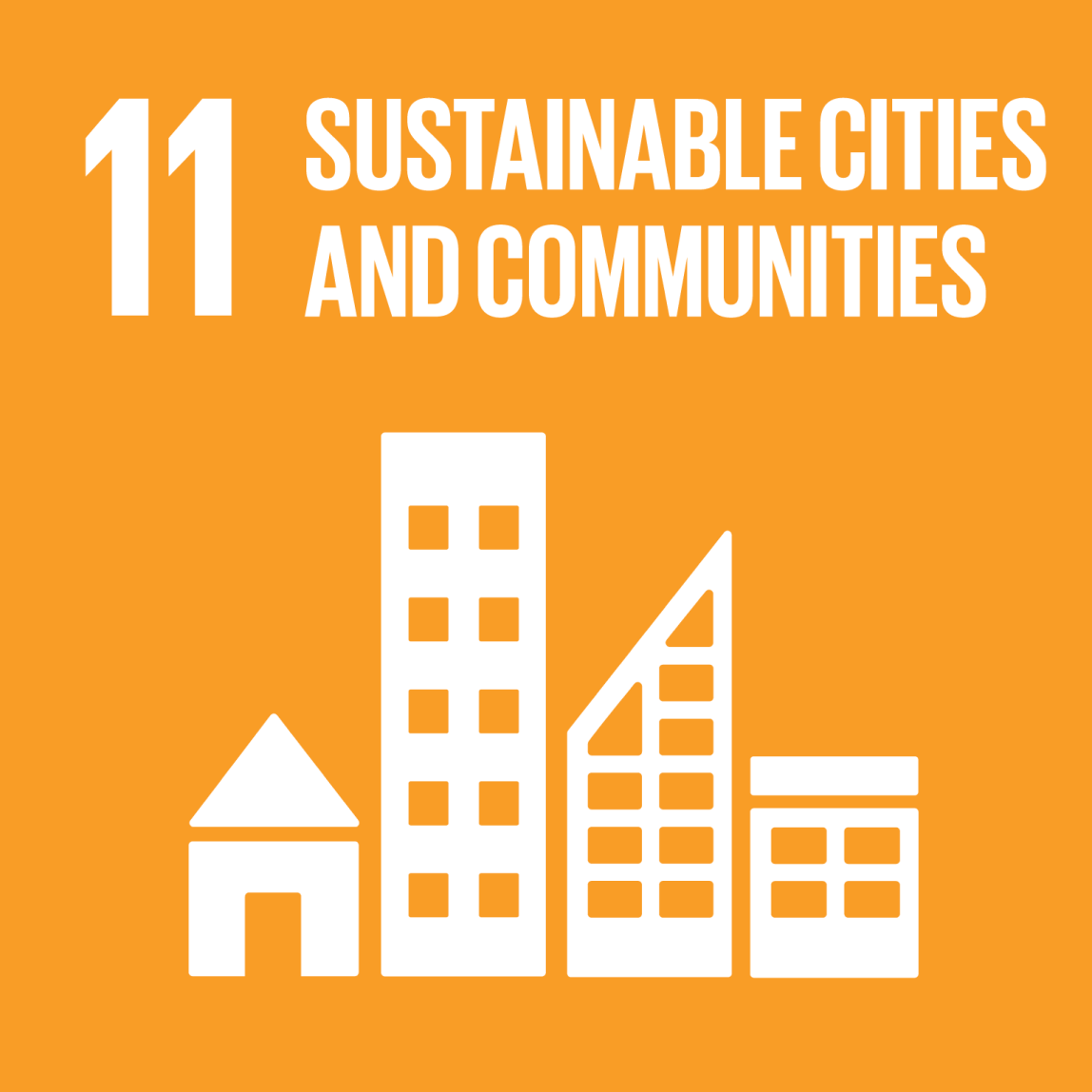
Sustainable Cities & Affordable Housing
The impact of COVID-19 will be most devastating in poor and densely populated urban areas, especially for the one billion people living in informal settlements and slums worldwide, where overcrowding also makes it difficult to follow recommended measures such as social distancing and self-isolation. The UN food agency, FAO, warned that hunger and fatalities could rise significantly in urban areas, without measures to ensure that poor and vulnerable residents have access to food.
Indonesia’s existing condition today is that many people prefer to settle in the slum areas than moving into a vertical house. This condition, as it happened, is due to the loss of relationship between the land and the life. Vertical housing is only a transit shelter for most people. We will catalyze those transformations by:
Indonesia’s existing condition today is that many people prefer to settle in the slum areas than moving into a vertical house. This condition, as it happened, is due to the loss of relationship between the land and the life. Vertical housing is only a transit shelter for most people. We will catalyze those transformations by:
- Ensuring that all households have access to decent, safe and affordable housing including its basic infrastructure services in order to create a city without slums
- Improving urban planning, maintenance & transparency using smart city concept.
- Improving urban planning, maintenance and transparency by implementing smart city concept
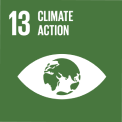
Empowering Climate-Smart Innovations
Carbon dioxide (CO2) levels and other greenhouse gases in the atmosphere rose to new records in 2019. Weather patterns are changing, sea levels are rising, and weather events are becoming more extreme. Although greenhouse gas emissions are projected to drop about 6% in 2020 due to travel bans and economic slowdowns resulting from the COVID-19 pandemic, this improvement is only temporary. Climate change is not on pause. Once the global economy begins to recover from the pandemic, emissions are expected to return to higher levels.
In 2030, greenhouse gas emissions in Indonesia will be mostly sourced from fossil fuel consumption where it contributed 57% from the total GHG emissions. Came the second, deforestation and land-use diversion also contributed 30% of the total emissions. Forest and peat fires in Indonesia emitted more than 1 billion tons of CO2 which mostly caused by land clearing. Tackling the climate change would involve the improvement in renewable energy and energy efficiency, and also the increase in reforestation. Healthy societies, resilient economies and thriving businesses rely on a healthy planet to provide a stable operating environment, customers and workforces. We are striving for innovative ways to participate in the global transition towards a low-carbon future by:
In 2030, greenhouse gas emissions in Indonesia will be mostly sourced from fossil fuel consumption where it contributed 57% from the total GHG emissions. Came the second, deforestation and land-use diversion also contributed 30% of the total emissions. Forest and peat fires in Indonesia emitted more than 1 billion tons of CO2 which mostly caused by land clearing. Tackling the climate change would involve the improvement in renewable energy and energy efficiency, and also the increase in reforestation. Healthy societies, resilient economies and thriving businesses rely on a healthy planet to provide a stable operating environment, customers and workforces. We are striving for innovative ways to participate in the global transition towards a low-carbon future by:
- Ensuring that all households have access to decent, safe and affordable housing including its basic infrastructure services in order to create a city without slums
- Providing safe and affordable housings in urban areas


